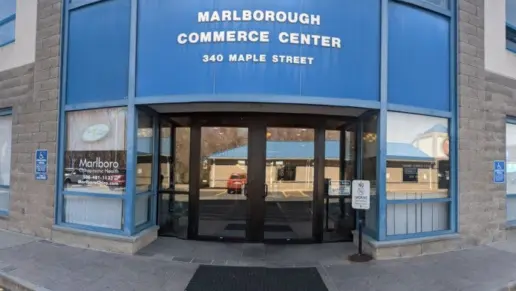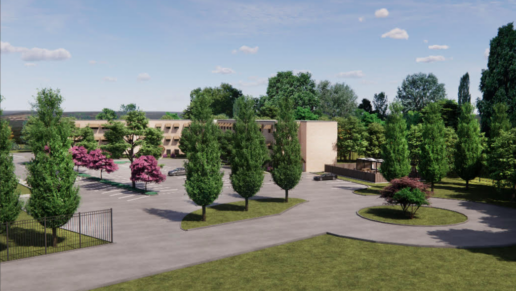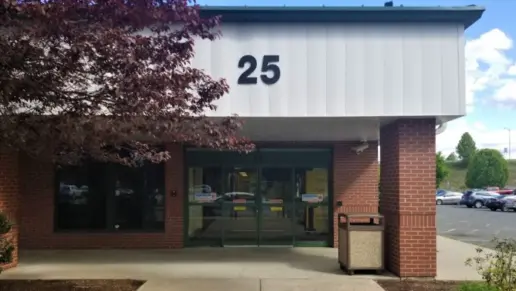I’m satisfied with the professionalism during my appointment. The cons are that whenever I've had to ask for unscheduled help via phone all I get is leave a message then wait and wait to hear from someone...
About Edward P. Boland Department of Veterans Affairs Medical Center
Located in Leeds, Massachusetts, the Edward P. Boland Department of Veterans Affairs Medical Center offers alcohol and drug rehab services for veterans who are struggling with their addiction. Apart from just treating addiction, they also offer mental health care which makes them a dual diagnosis center too. This is crucial for veterans who often have mental health issues like depression and PTSD after serving in the military. They offer both outpatient and inpatient services as their levels of care.
Some of their substance misuse treatment options include individual therapy, group counseling, and medication. Medication-assisted treatment can make the detox process much easier, reducing the intensity of withdrawal symptoms, while counseling can help you deal with past trauma, identify your triggers, and learn coping techniques.
There is so much offered at this VA clinic, such as skin care and dental care options. They offer routing cleanings, restorative procedures and even comprehensive surgical care. They also offer diabetes care including self-management, education, support classes, insulin therapy and blood glucose meter training. They will also teach you about nutrition and give you dietary tips to stay healthier. Their MOVE! weight management program offers weight loss support groups, healthy eating tips and cooking classes. This is super beneficial, especially when quitting drugs and alcohol because for some people it’s easy to fall into a new addiction of unhealthy eating habits when first quitting.
Their whole health care is really impressive because they offer many holistic options. Some of these include acupuncture that can help you manage your pain without drugs as well as meditation and mindfulness training, yoga, tai chi, qi gong classes and massage therapy.
Latest Reviews
Rehab Score
Gallery
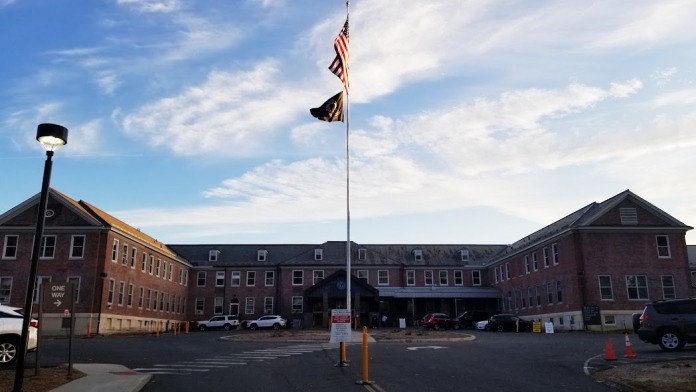
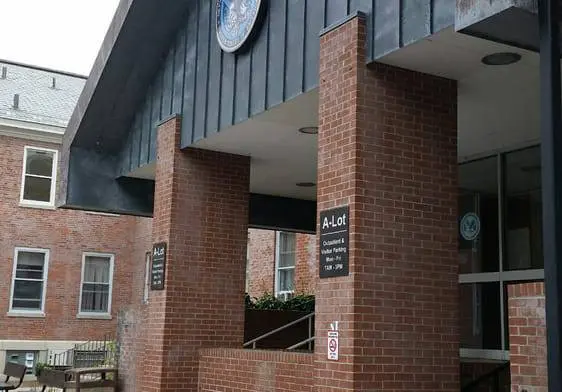
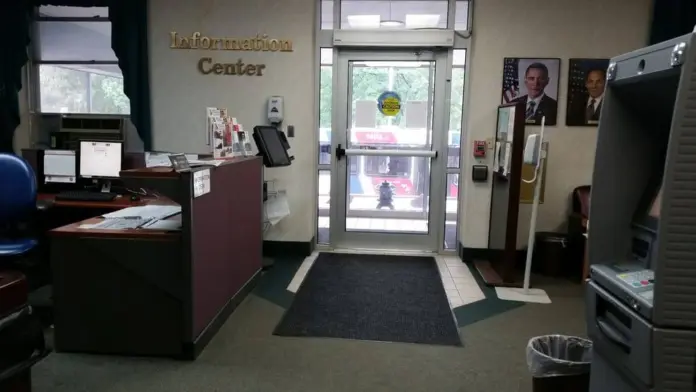
Location
Other Forms of Payment
Self-pay involves paying for treatment out of your own pocket. You can use savings or credit, get a personal loan, or receive help from family and friends to fund your treatment. If you don't have insurance or your insurance plan doesn't cover a specific program, self-pay can help ensure you still get the care you need.
Private insurance refers to any kind of healthcare coverage that isn't from the state or federal government. This includes individual and family plans offered by an employer or purchased from the Insurance Marketplace. Every plan will have different requirements and out of pocket costs so be sure to get the full details before you start treatment.
Financial aid can take many forms. Centers may have grants or scholarships available to clients who meet eligibility requirements. Programs that receive SAMHSA grants may have financial aid available for those who need treatment as well. Grants and scholarships can help you pai for treatment without having to repay.
Military members, veterans, and eligible dependents have access to specific insurance programs that help them get the care they need. TRICARE and VA insurance can help you access low cost or no cost addiction and mental health treatment. Programs that accept military insurance often have targeted treatment focused on the unique challenges military members, veterans, and their families face.
Addiction Treatments
Levels of Care
Treatments
The goal of treatment for alcoholism is abstinence. Those with poor social support, poor motivation, or psychiatric disorders tend to relapse within a few years of treatment. For these people, success is measured by longer periods of abstinence, reduced use of alcohol, better health, and improved social functioning. Recovery and Maintenance are usually based on 12 step programs and AA meetings.
Addiction is a highly complex problem, and drug rehab in Massachusetts is often necessary to address it. These programs treat physical, mental, and relational issues that are involved. Treatment empowers individuals to manage these issues without the use of drugs.
Many of those suffering from addiction also suffer from mental or emotional illnesses like schizophrenia, bipolar disorder, depression, or anxiety disorders. Rehab and other substance abuse facilities treating those with a dual diagnosis or co-occurring disorder administer psychiatric treatment to address the person's mental health issue in addition to drug and alcohol rehabilitation.
A combined mental health and substance abuse rehab has the staff and resources available to handle individuals with both mental health and substance abuse issues. It can be challenging to determine where a specific symptom stems from (a mental health issue or an issue related to substance abuse), so mental health and substance abuse professionals are helpful in detangling symptoms and keeping treatment on track.
Opioid rehabs specialize in supporting those recovering from opioid addiction. They treat those suffering from addiction to illegal opioids like heroin, as well as prescription drugs like oxycodone. These centers typically combine both physical as well as mental and emotional support to help stop addiction. Physical support often includes medical detox and subsequent medical support (including medication), and mental support includes in-depth therapy to address the underlying causes of addiction.
Programs



Clinical Services
The life skills you'll learn in rehab range from financial management to practicing healthy self care. They help you learn how to solve problems and make decisions, as well as develop healthy interpersonal relationships – all of which are key to successful recovery.
Research clearly demonstrates that recovery is far more successful and sustainable when loved ones like family members participate in rehab and substance abuse treatment. Genetic factors may be at play when it comes to drug and alcohol addiction, as well as mental health issues. Family dynamics often play a critical role in addiction triggers, and if properly educated, family members can be a strong source of support when it comes to rehabilitation.
Trauma therapy addresses traumatic incidents from a client's past that are likely affecting their present-day experience. Trauma is often one of the primary triggers and potential causes of addiction, and can stem from child sexual abuse, domestic violence, having a parent with a mental illness, losing one or both parents at a young age, teenage or adult sexual assault, or any number of other factors. The purpose of trauma therapy is to allow a patient to process trauma and move through and past it, with the help of trained and compassionate mental health professionals.
Whether a marriage or other committed relationship, an intimate partnership is one of the most important aspects of a person's life. Drug and alcohol addiction affects both members of a couple in deep and meaningful ways, as does rehab and recovery. Couples therapy and other couples-focused treatment programs are significant parts of exploring triggers of addiction, as well as learning how to build healthy patterns to support ongoing sobriety.
There is a strong link between nutrition and addiction. That's why drug rehab in Massachusetts includes nutrition therapy to teach you healthy eating habits that support addiction recovery. You'll learn what foods your body needs for healing and long term health.
Amenities
-
Residential Setting
-
Private Rooms
Staff & Accreditations
Staff
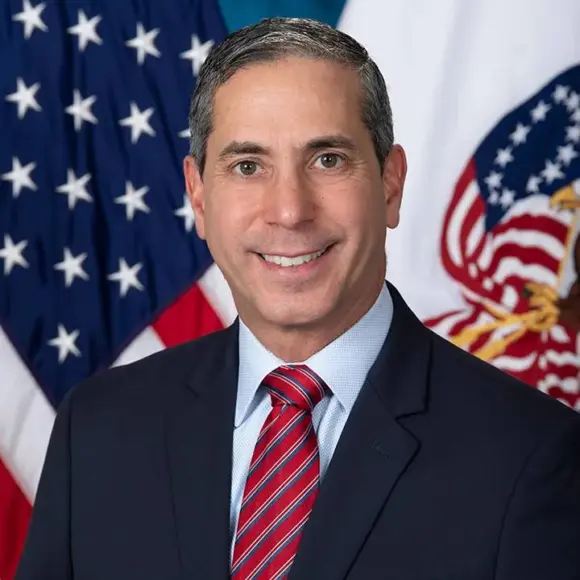
Chairman of the Board of Veterans’ Appeals
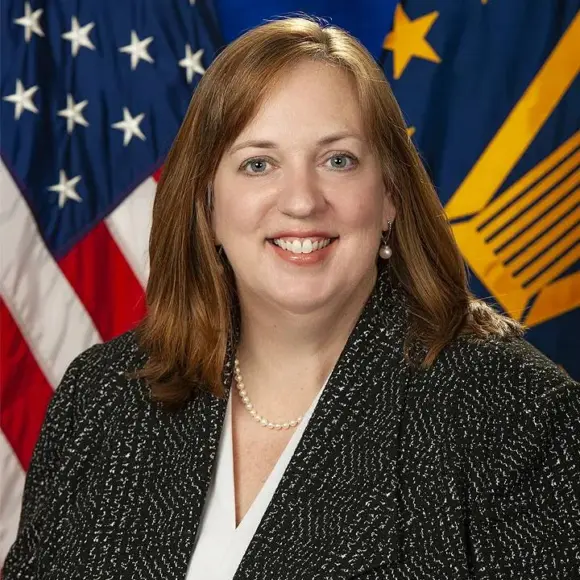
VA Chief of Staff
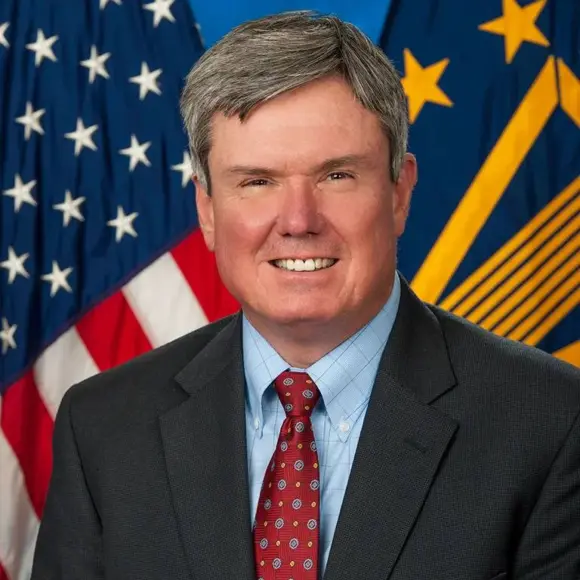
Principal Deputy Assistant Secretary for Management & Deputy CFO

Chief Acquisition Officer & Principal Executive Director
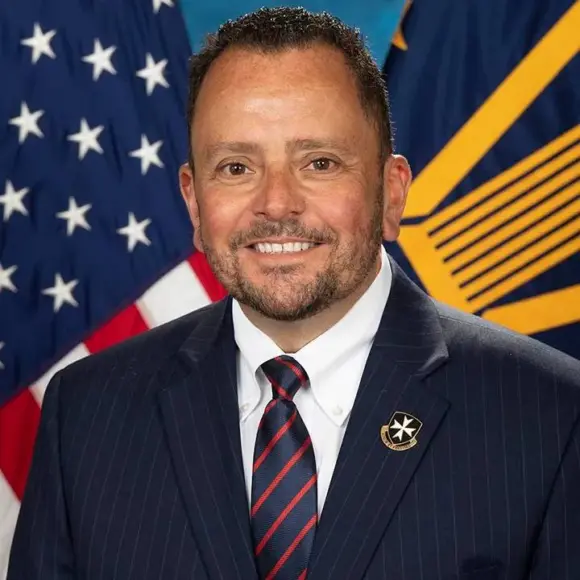
Director, Center for Minority Veterans
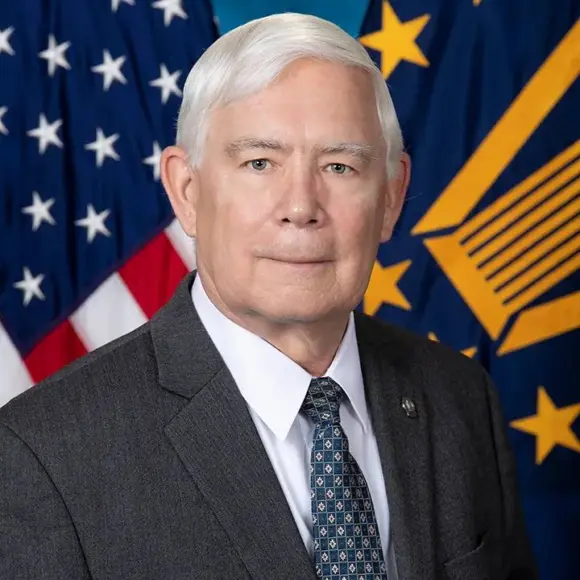
Chief Facilities Strategy Officer
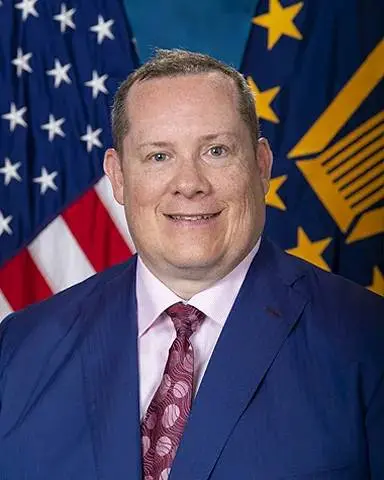
Executive Director, Loan Guaranty Service
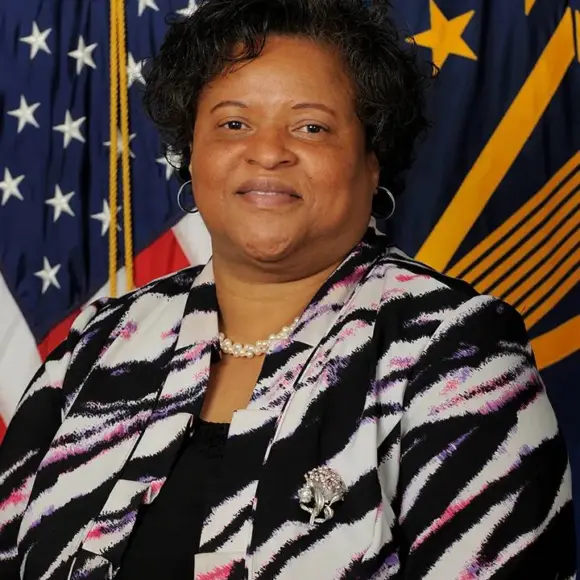
Executive Director
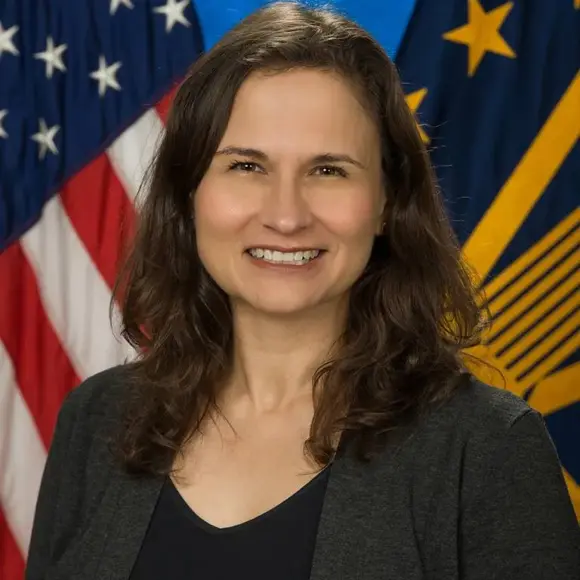
Executive Director, Office of Tribal Government Relations
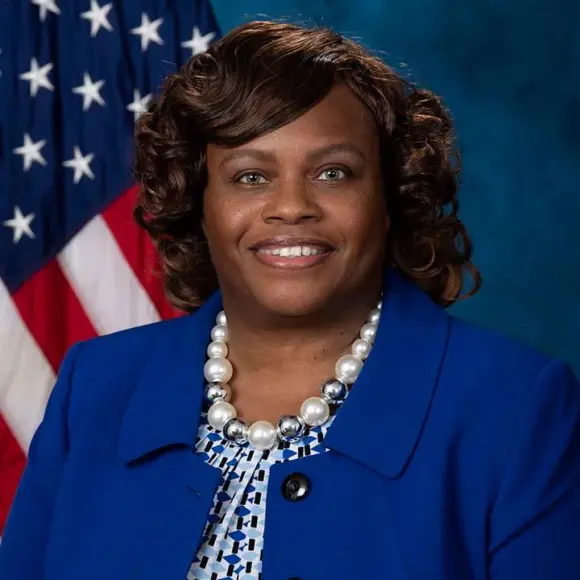
Deputy Director, Center for Women Veterans
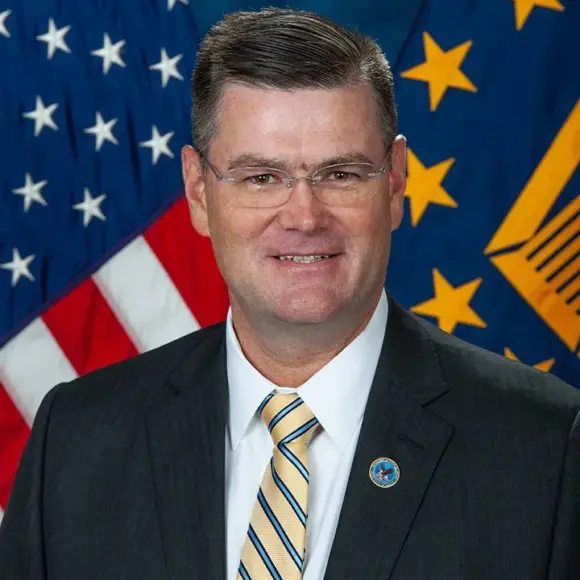
Executive Director

Deputy Executive Director, Office of Asset Enterprise Management
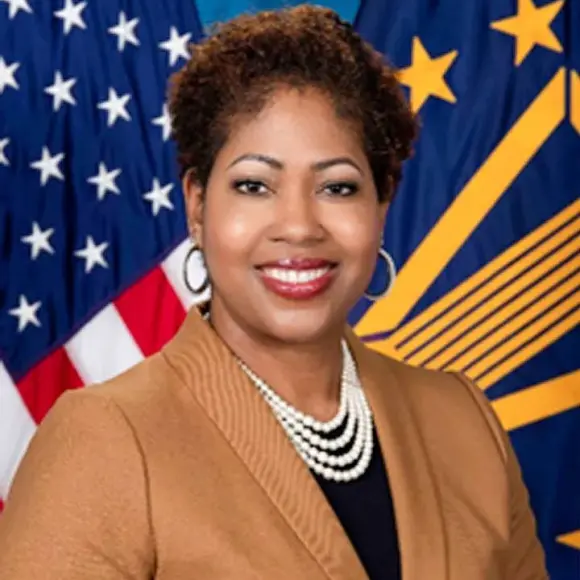
Chief Strategy Officer for the Veterans Health Administration (VHA)
Accreditations

The Commission on Accreditation of Rehabilitation Facilities (CARF) is a non-profit organization that specifically accredits rehab organizations. Founded in 1966, CARF's, mission is to help service providers like rehab facilities maintain high standards of care.
CARF Accreditation: Yes
Accreditation Number: 31862

The Joint Commission, formerly known as JCAHO, is a nonprofit organization that accredits rehab organizations and programs. Founded in 1951, the Joint Commision's mission is to improve the quality of patient care and demonstrating the quality of patient care.
Joint Commission Accreditation: Yes
Accreditation Number: 1552
Contact Information
421 North Main Street
Leeds, MA 01053
